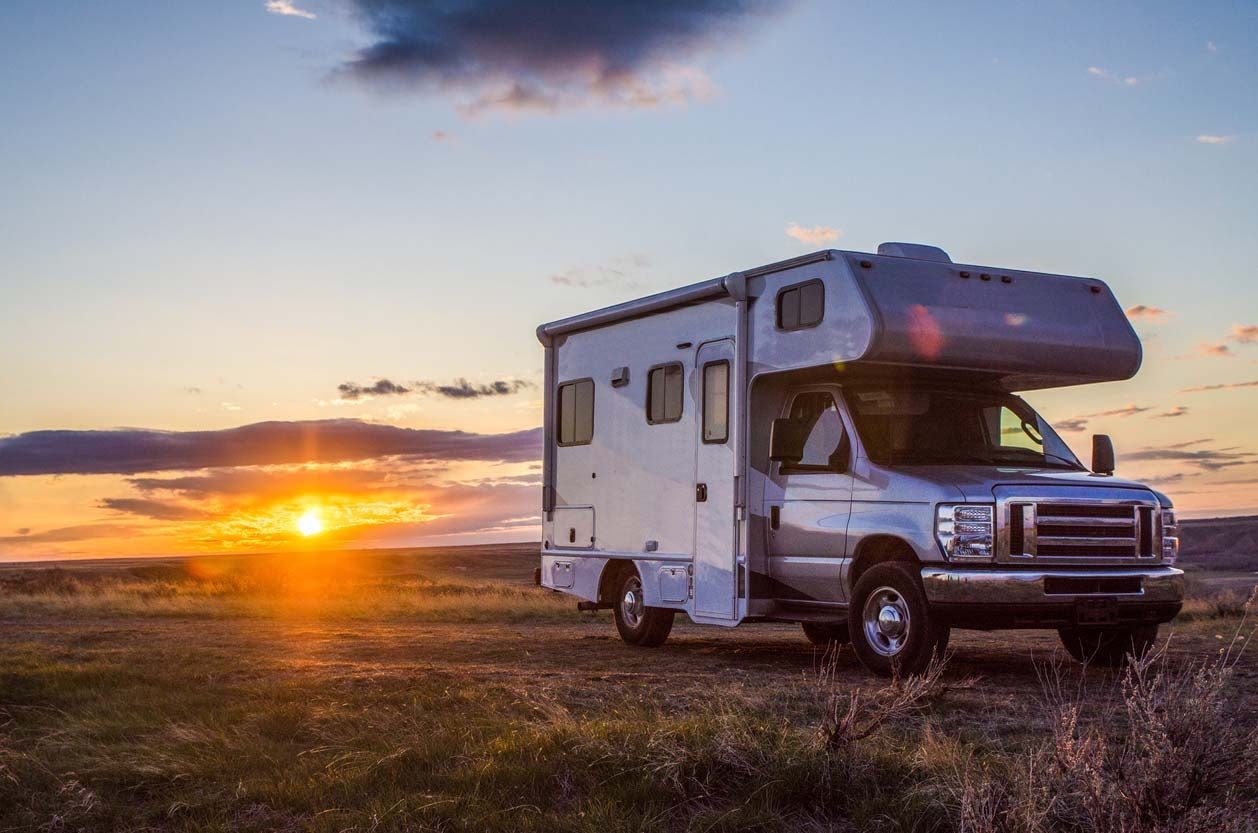Becoming an owner of an RV is an experience in itself. It is a lifetime investment into a new lifestyle to explore the great outdoors. This is a journey in itself, as it brings joy and freedom to embark on exciting adventures. But everything comes with responsibility, especially a vehicle. The height and width of an RV require an insurance cover so that you get into a loss even if your vehicle has faced damage.
Moreover, RV insurance provides you with peace of mind and protects your long-term investment. However, the main question is how much RV insurance costs. Thus, in this article, we have all the details about the RV insurance cover and a better understanding of what to expect from insurance. Tune in to know everything in detail.
Why You Should Buy RV Insurance?
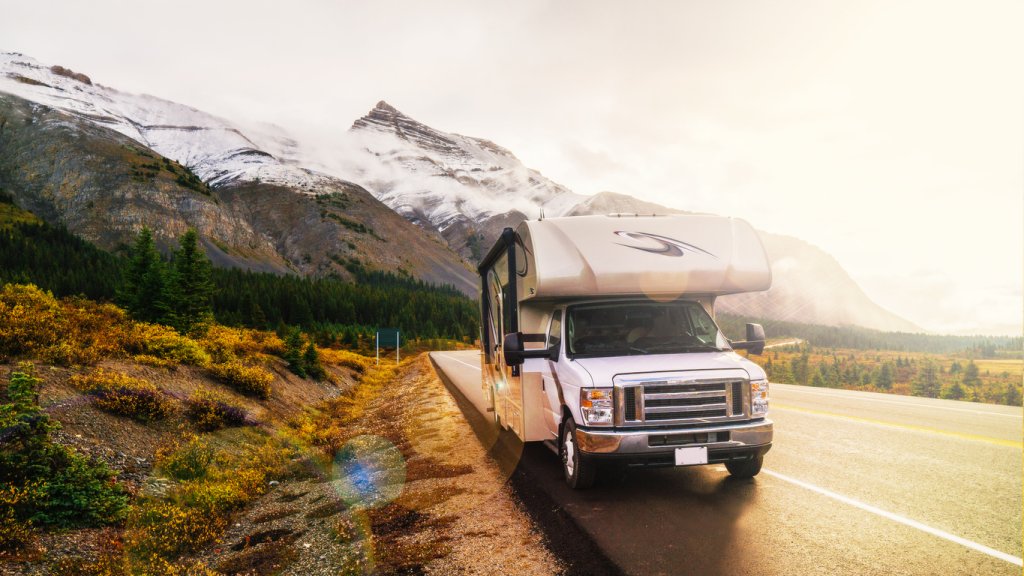
The normal vehicle that helps you with transportation requires insurance, so why not an RV, which will be your temporary home or maybe permanent? Moreover, recreational vehicle insurance has some more demands than a standard vehicle policy. This is because it has a blend of elements from both a vehicle and a homeowner’s insurance policy. Thus, it requires to have a complete coverage package.
In addition to the basic plans, there are several other RV insurance coverage levels. Such as:
- Replacement of your total loss.
- Replacement of your personal property.
- Emergency Insurance coverage helps you provide food, lodging, and alternate transportation while you are in the middle of a crisis.
So, you must know that owning an RV is a lot of responsibility. Freedom comes at a cost, and if you want to have peace of mind, then you must protect your amenities in case of an incident or accident.
If you have made your RV your home, then you can get even more customized insurance coverage.
Factors Influencing RV Insurance Costs
Insurance has a long list of terms and conditions, which is made while looking at the factors of recreational vehicles. So, some factors influence RV insurance costs. We have mentioned them below.
1. Type of RV
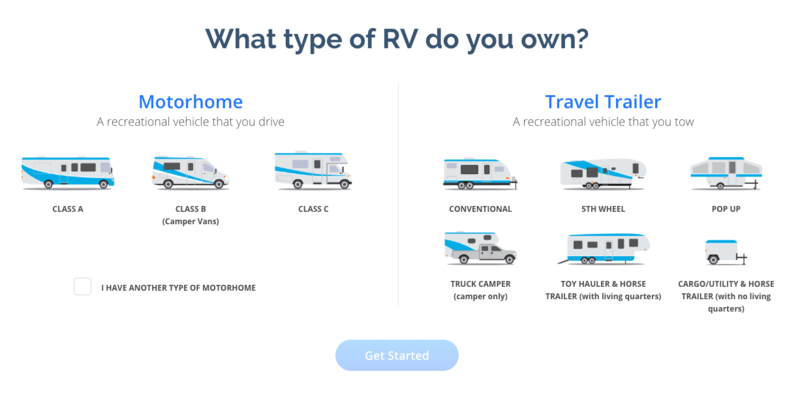
RVs come in various shapes and sizes, from compact campervans to luxurious motorhomes. The type of RV you own significantly impacts your insurance cost. Generally, motorhomes, especially Class A and Class C, tend to have higher insurance premiums than towable RVs like travel trailers and fifth wheels.
2. How Old is Your Vehicle and Its Cost
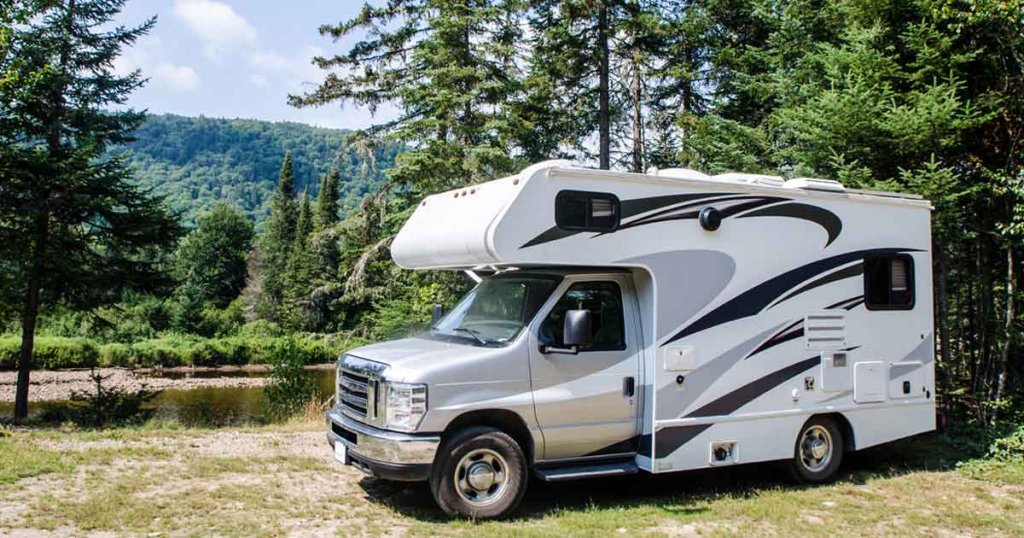
The age, meaning how old your RV is, and the value of your RV play a crucial role in determining your insurance costs. Newer RVs typically require higher premiums due to their higher replacement costs, while older models may have lower premiums but could come with higher deductibles.
3. Usage

How you use your RV can affect your insurance rates. If you use it as a full-time residence, you’ll need specialized coverage, which can be more expensive than coverage for occasional recreational use. Your insurance provider will want to know how many days a year you plan to be on the road to calculate your premium accurately.
4. Coverage Levels
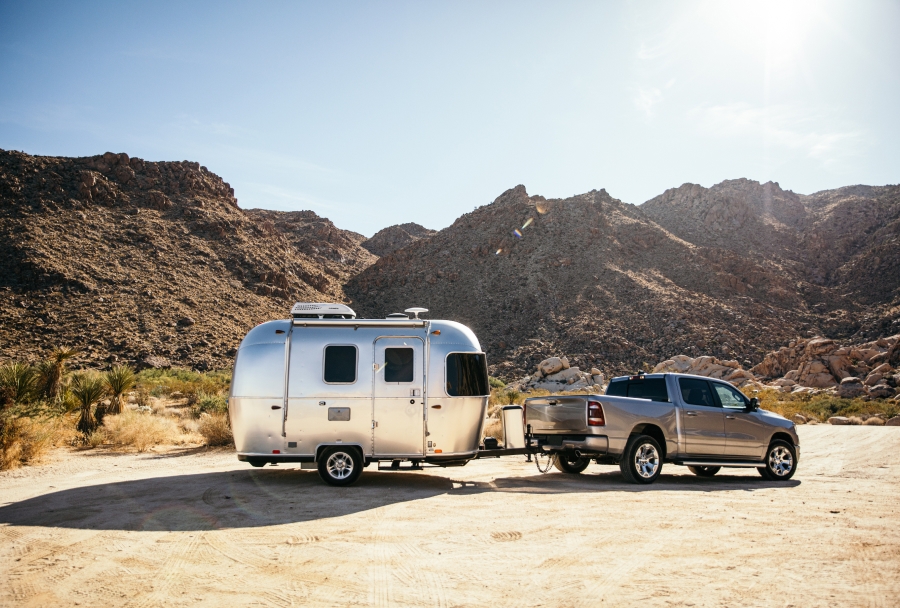
So, RV insurance offers different coverage options, such as liability, collision, personal injury protection, and theft. It is simple: the more coverage you choose, the higher your premiums will be. Thus, you need to find a balance between adequate coverage and affordability.
5. Location
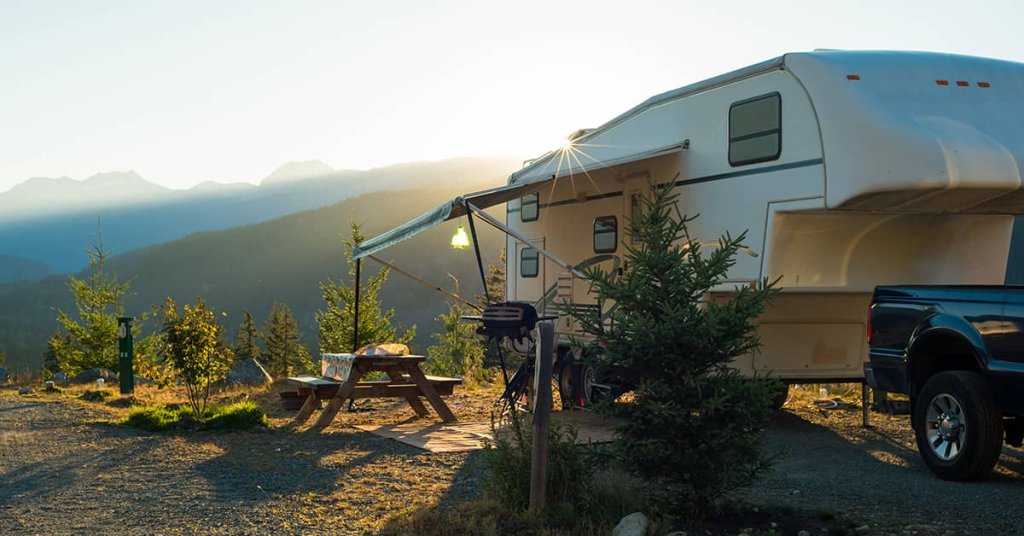
Your location can also impact RV insurance rates. If you live in an area prone to natural disasters, theft, or accidents, your premiums may be higher. Insurance providers take local risks into account when determining rates.
6. Driving Skills
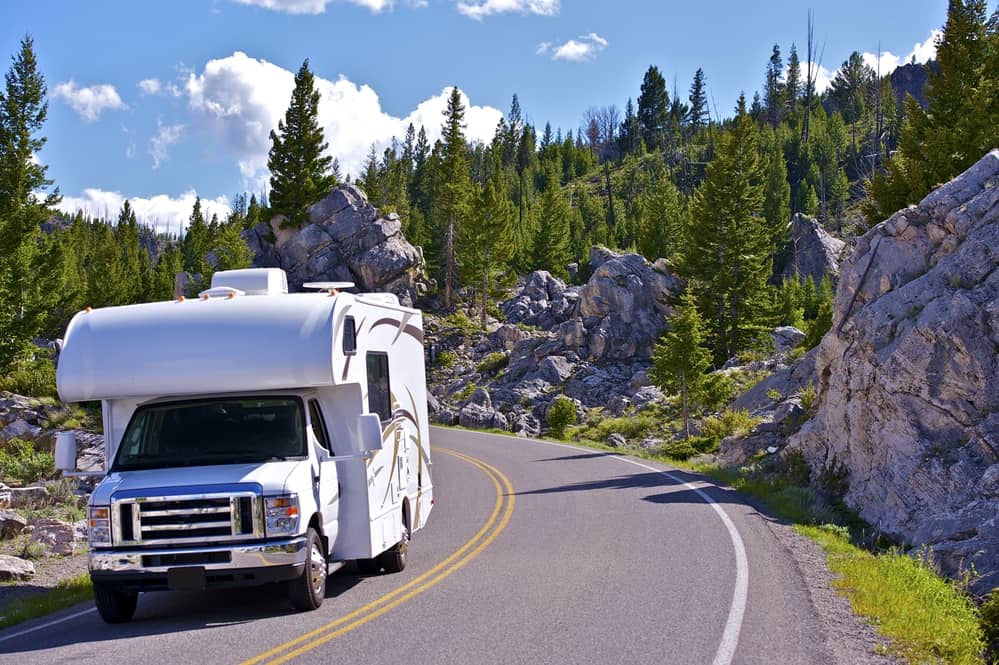
As we mentioned above, recreational vehicle insurance includes both the properties of a home and a vehicle. So, your driving history matters, too. If you have a clean record, you’re more likely to receive lower insurance rates. On the other hand, a history of accidents or violations may result in higher premiums.
Discounts for Better RV Insurance Rates
Different companies have their set of policies and potential discounts that they can apply. Thus, these discounts can help you get better premium rates. You can ask for some common discounts from the company. Below, we have mentioned some categories.
- Bundling: Regarding insurance savings, bundling is your secret weapon. The more policies you bundle together, the more money you can keep in your pocket.
- New Owner Benefits: Many insurance providers offer exclusive discounts to those who take pride in being the first to call an RV their own. Original trailer owners can often snag discounts when opting for comprehensive and collision coverage. It’s a little reward for choosing a new adventure on the road.
- Paying in full: Paying your entire annual premium upfront can be a savvy move. Insurance companies often reward this upfront commitment with a discounted rate.
- Good Driver Discounts: A clean driving record is like gold in the insurance world. If you’ve maintained a spotless record for at least three years, you will likely qualify for a substantial discount.
- Anti-Theft Devices: Installing anti-theft devices not only safeguards your RV but also saves insurance companies money in potential claims.
Conclusion
As a factor, we mentioned that type of RV affects a lot on the insurance coverage. This is because a brand-new Class A motorhome insurance might cost you around $2,500 to $ 3,000 annually. Similarly, travel trailer insurance can cost between $300 and $800 annually. For a Class C motorhome used as your primary residence, insurance costs can range from $3,000 to $5,000 per year.
This justified that the average cost of insurance coverage for an RV depends on its type. Also, it justifies the need for insurance as well. These big vehicles need protection. It’s essential to shop around and compare quotes from different insurance providers to find the best coverage that suits your needs and budget.

